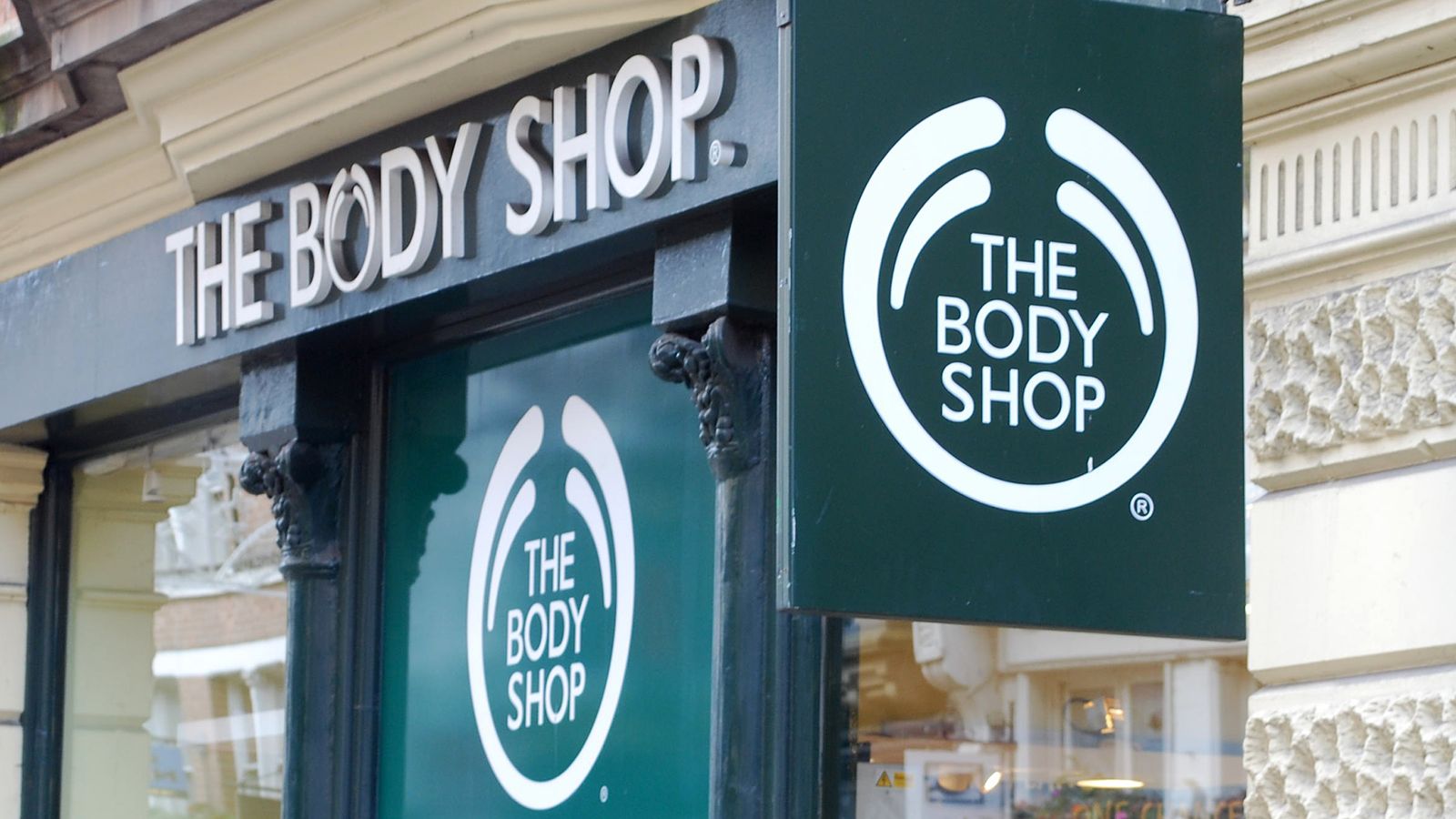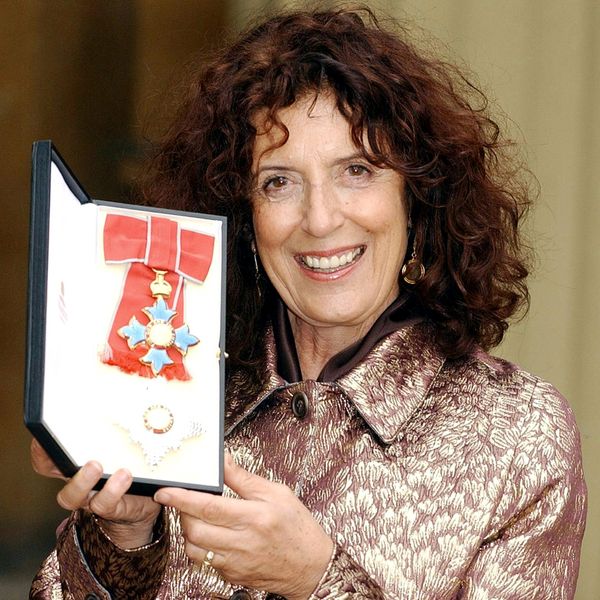Next has approached administrators to The Body Shop about a potential deal to purchase parts of the stricken cosmetics chain.
Sky News has learnt that executives from the UK fashion retailing giant have contacted FRP Advisory to express an interest in acquiring assets as part of any sale process it decides to launch.
There were doubts this weekend, however, that FRP, which was appointed to handle the insolvency of The Body Shop in the UK earlier this month, would elect to run a conventional auction, with one source suggesting that contact between FRP and Next had already stalled.
Read more: The Body Shop UK in administration – what went wrong?
Next is understood to have been monitoring The Body Shop for some time, but people close to the FTSE-100 company confirmed that it had expressed an interest in assembling a deal.
The retailer, run by Lord Wolfson, has become one of the most prolific buyers of distressed retail businesses in Britain in recent years.
Among the brands it has acquired are Fat Face, Joules and the online furniture retailer, Made.com.
It has also snapped up Cath Kidston and JoJo Maman Bebe, the maternity wear retailer, while it has struck partnerships with Victoria’s Secret and Gap.
One obstacle to any deal with The Body Shop may lie in the fact that its brand and intellectual property (IP) assets are not part of the administration process.
It is understood that Aurelius, which has only owned The Body Shop since 1 January, is financing the rest of the business, and as part of that has secured major assets including stock and IP.
FRP is expected to decide whether to launch an auction within weeks, with a sale of the restructured business in its new form back to Aurelius a possibility.
If Next did pursue a purchase of the chain, it would be unlikely to retain many, if any, of The Body Shop’s British stores.
This week, FRP announced the closure of nearly half of its 198 UK stores, with seven shutting immediately.
“Following the earlier sale of loss-making businesses in much of mainland Europe and parts of Asia, and to support a simplified business, The Body Shop will also restructure roles in its head office,” the administrators said on Tuesday.
Hundreds of jobs will be lost from the store closures and a downsizing of its head office that will leave roughly 400 people employed there.
“This swift action will help re-energise The Body Shop’s iconic brand and provide it with the best platform to achieve its ambition to be a modern, dynamic beauty brand that is able to return to profitability and compete for the long term,” FRP added.
Sky News’ revelation that Aurelius was preparing to appoint administrators sparked a vigorous debate about why the brand founded by the late Dame Anita Roddick and her husband Gordon nearly 50 years ago had faltered.
‘Mismanaged for years’
Aurelius bought the business from Natura, a Brazilian company, late last year and rapidly discovered that it had insufficient working capital and that it was trading even more poorly than anticipated.
One retail executive suggested there were serious questions for Natura to answer, saying: “This company did not fail in the last six weeks, it has been underinvested in and mismanaged for years.”
The Body Shop’s businesses across most of Europe and parts of Asia have already been offloaded to a family office following the company’s acquisition by Aurelius in a deal it said was valued at £207m.
At the time of the deal, The Body Shop employed about 10,000 people, and operated roughly 3,000 stores in 70 countries.
Although it has struggled for profitable growth for years, it has retained a prominent presence on British high streets.
The Roddicks were prominent champions of environmental causes, a positioning which helped it gain an edge over rival retailers during the 1980s and ’90s.
Listen and subscribe to The Ian King Business Podcast here.
Its opposition to the animal testing of cosmetics was also unusual in the decades immediately after it was founded.
Its distinctiveness has, however, been diminished in recent years by the emergence of competitors which have also put sustainability at the heart of their businesses while more effectively targeting younger consumers.
Dame Anita died in 2007.
Natura was reported to have paid more than $1bn to buy The Body Shop in 2017.
It was owned by L’Oreal, the cosmetics giant, prior to its sale to Natura.
Next, FRP and Aurelius declined to comment.

